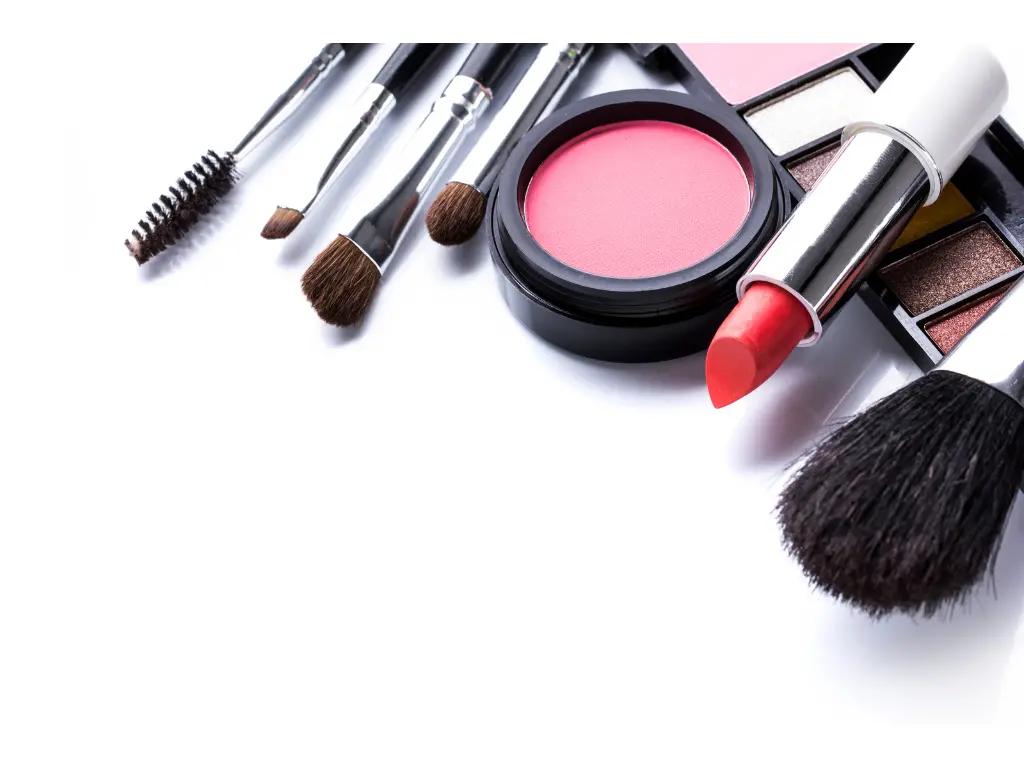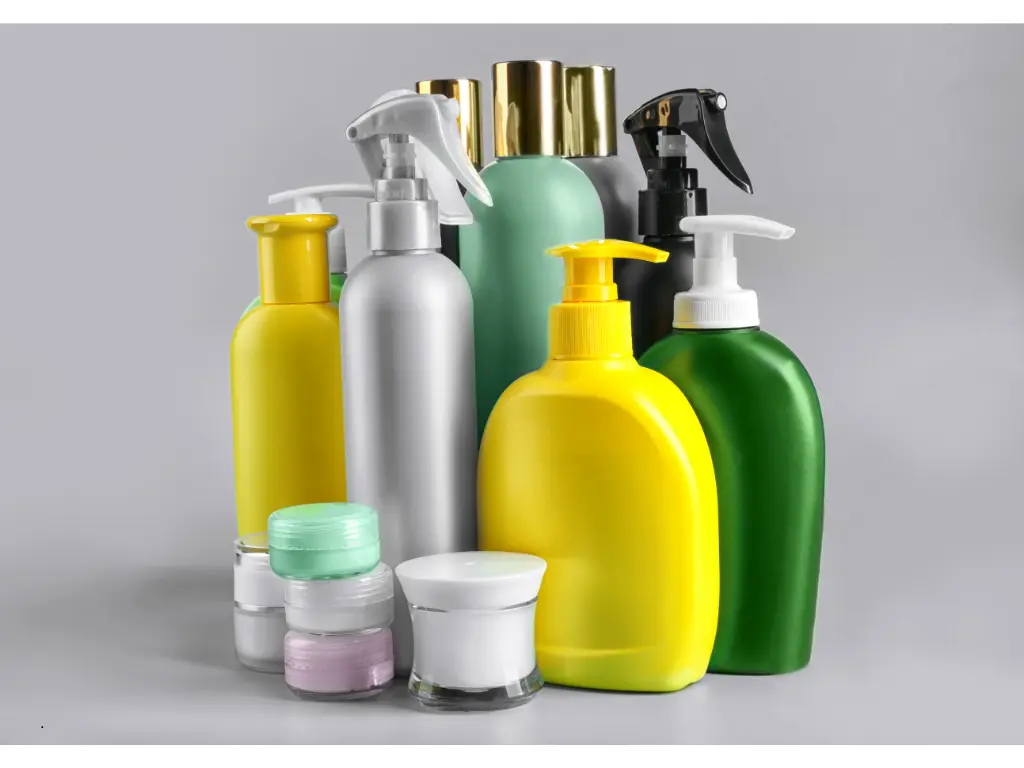
The Dominican Republic is part of the group of countries that do not have solid management of chemical substances, therefore, a scattered regulation is present. The most updated document about chemicals and related regulations in the country is- National Profile of Chemical Substances and Hazardous Waste - dated back to 2013.
News

Oct-06-2025
On 8 September 2025, the Dominican Republic's Ministry of Public Health (Ministerio de Salud Publica y Asistencia Social) issued a sweeping update to its Technical Regulation for Cosmetic Products, a measure...
Read More
Jan-24-2025
On 13 January 2025, the Dominican Republic issued a notification under the World Trade Organization's (WTO) Agreement on Technical Barriers to Trade (TBT) to announce a draft Technical Regulation aimed at...
Read MoreIf you want to access the GHS report, please Register here in GPC Intelligence Portal click here
